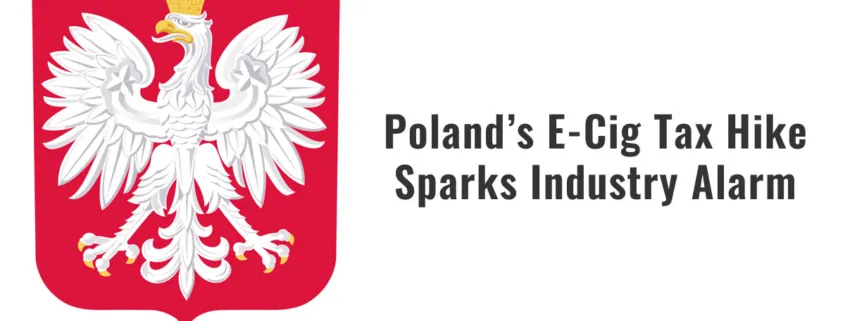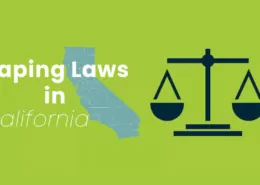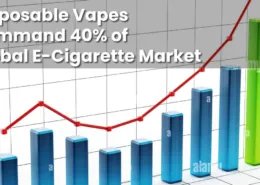Poland’s Vape Industry Faces Massive Excise Tax Hike
Poland’s Ministry of Finance has unveiled plans for a dramatic 75% increase in excise tax on e-cigarette liquids, set to take effect in 2025. This move threatens to push e-liquid prices above those of traditional cigarettes, potentially triggering widespread industry layoffs and bankruptcies.
Przemysław Jaskóła, board member of Fusion Labs, expressed the industry’s dismay: “When we turn off the lights in our companies, the black market will open champagne.” This sentiment echoes throughout the sector as manufacturers brace for the impact of what they view as an ill-conceived policy shift.
The Ministry of Finance’s July announcement caught many off guard. Łukasz Kozłowski, chief economist of the Federation of Polish Entrepreneurs, noted the surprise: “It violates the rules established in 2021 regarding how excise tax would shape until 2027.”
The scale of the increase far exceeds previous expectations:
- Traditional cigarettes: 25% increase
- Smoking tobacco: 38% increase
- Tobacco heater inserts: 50% increase
- E-cigarette liquids: 75% increase
Dr. Sławomir Dudek, president of the Institute of Public Finance, warned about potential consequences: “When increasing such taxes, you must carefully avoid exceeding the Laffer curve and causing negative effects, including grey zone growth.”
The Ministry of Finance projects significant price hikes:
- A pack of 20 cigarettes: Will increase by PLN 2.7–3.1, reaching almost PLN 21 in 2025 and PLN 27 by 2027
- 10 ml pack of e-liquid: Will increase by PLN 4.4–5 annually, exceeding PLN 23 in 2025 and approaching PLN 33.5 by 2027
Industry experts fear these price increases will fuel the grey market. While illicit trade in traditional tobacco has declined to below 5% in 2023, the e-cigarette liquid segment remains vulnerable, with an estimated 50% already circulating in the grey zone.
Jaskóła warned, “Consumers will verify the market, they will not bear legal prices. Instead, they will go to the grey zone, where they can easily buy an untested product without excise duty.”
The rapid and substantial price increases particularly threaten small and medium-sized domestic companies, which form the backbone of Poland’s e-cigarette liquid production. Jaskóła predicted dire consequences: “Companies will lay off employees, close down, and halt exports.”
Industry representatives and economic experts have criticized the government’s approach. The sudden departure from the previously agreed-upon “excise map” has left companies little time to prepare for the increased financial burden.
Kozłowski emphasized the importance of predictability in tax policy: “Changing the rules mid-game undermines trust in the state and its policies. Rebuilding this trust will prove very difficult in the future.”
The Ministry of Finance estimates the tax changes will generate additional revenues of PLN 4.2 billion in 2025, PLN 4.3 billion in 2026, and PLN 4 billion in 2027. However, experts caution that if these increases fuel grey market growth, actual revenues may fall short of projections.
As Poland’s e-cigarette industry faces an uncertain future, the debate over balancing public health concerns, tax revenue, and economic stability continues. The coming months will likely see intense discussions between industry stakeholders and government officials as they grapple with the far-reaching implications of this policy shift.
- Malaysia Negeri Sembilan Backs Vape Ban, Awaits Clear Laws - August 5, 2025
- Is It Illegal to Vape or Smoke While Driving in Massachusetts? - August 5, 2025
- Austria Plans to Ban Disposable E-Cigarettes - August 5, 2025









